Technology is advancing at an unprecedented rate, with breakthroughs in artificial intelligence, connectivity, and immersive experiences set to transform how we live and work. By 2026, these emerging trends will drive profound changes across industries, reshape our daily routines, and create new opportunities and challenges for society. As highlighted by sources like the World Economic Forum and McKinsey & Company, staying informed about these developments is essential for navigating the future.
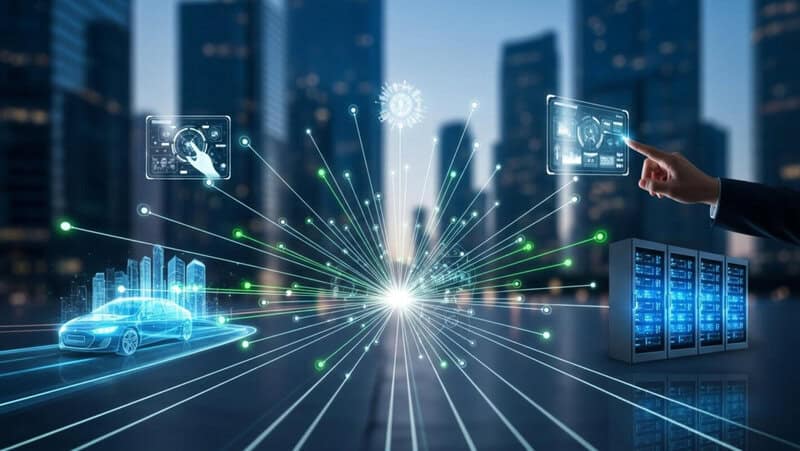
10 Tech Trends That Will Shape 2026
1. AI-Driven Personalization

Advanced artificial intelligence is revolutionizing personalization, delivering experiences tailored precisely to individual preferences and behaviors. In retail, AI-powered shopping assistants recommend products uniquely suited to each customer, while streaming platforms curate content that matches personal tastes.
Education is also being transformed through adaptive learning platforms that adjust curriculum in real time to optimize student outcomes. These innovations, highlighted in the MIT Technology Review, promise to make interactions more relevant and efficient, fundamentally changing how we engage with brands, consume media, and acquire knowledge.
2. Quantum Computing Breakthroughs

Quantum computing is evolving swiftly, with recent breakthroughs poised to unlock transformative capabilities across various sectors. Mainstream applications could soon emerge in cryptography, making data more secure, optimizing complex logistics networks, and accelerating drug discovery through advanced simulations.
Companies like IBM and Google have demonstrated quantum supremacy, marking significant milestones in computational power. According to Nature, these advances promise to solve problems that are currently intractable for classical computers, opening new frontiers in science and industry as quantum technology approaches practical deployment.
3. Next-Gen Connectivity (6G and Beyond)
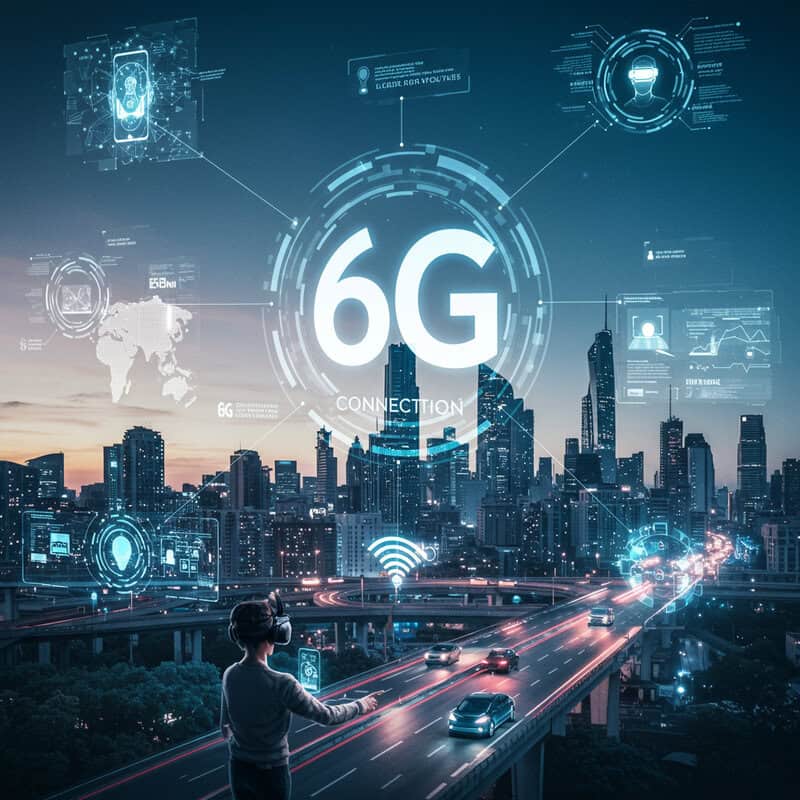
The development and eventual rollout of 6G networks will redefine digital connectivity, offering ultra-fast speeds and dramatically lower latency. This new generation of wireless technology is expected to support emerging innovations such as augmented and virtual reality, real-time holographic communication, and autonomous vehicles, all of which require seamless, high-capacity connections.
According to research from IEEE Spectrum, 6G will also enable intelligent network management and integration with AI, paving the way for a hyper-connected world where data flows instantly between people, devices, and infrastructure.
4. Ambient Computing & Smart Environments

Ambient computing is embedding intelligence into everyday environments, enabling devices and systems to work together seamlessly and respond to user needs in real time. Smart homes now feature interconnected devices like Amazon Alexa and Google’s smart home ecosystem, which coordinate lighting, security, and appliances based on context and voice commands.
In smart cities, sensors and data-driven platforms optimize energy use, traffic flow, and public safety. As The Verge reports, these advancements promise more intuitive, responsive, and efficient living and working environments.
5. Sustainable Tech Innovations
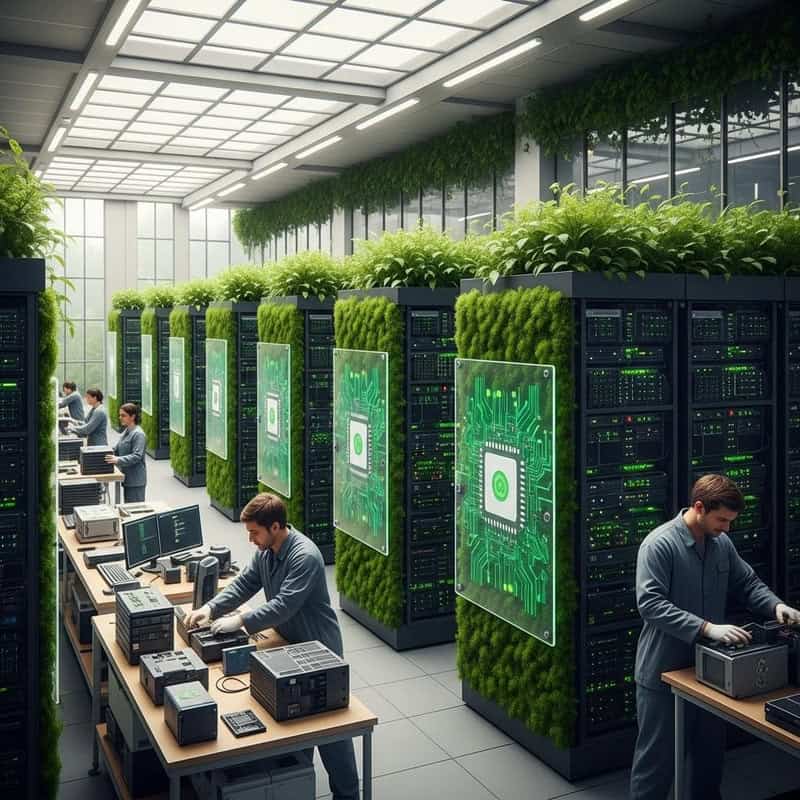
Emerging green technologies are driving the shift toward sustainability in the tech sector. Innovations such as biodegradable electronics are reducing electronic waste, while new designs for energy-efficient data centers are slashing power consumption and carbon footprints.
Companies are also embracing circular economy models, focusing on recycling, reusing, and refurbishing devices to extend product lifecycles. As highlighted by the World Economic Forum, these advances not only address environmental challenges but also create new business opportunities, signaling a future where technology and sustainability go hand in hand.
6. Metaverse Expansion
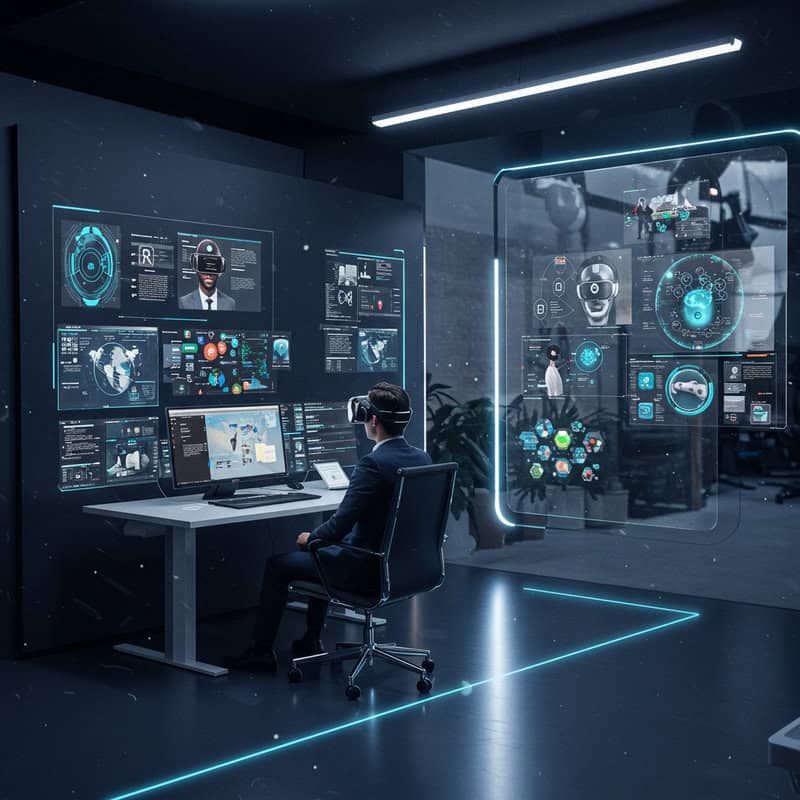
The metaverse is rapidly evolving, propelled by significant advancements in augmented reality (AR) and virtual reality (VR) technologies. Immersive virtual worlds are increasingly being used for remote work, collaborative play, and social interaction, blurring the boundaries between physical and digital experiences.
Companies like Meta are investing heavily in building persistent, interconnected digital spaces that support everything from professional meetings to entertainment events. As explored in Wired, these developments are poised to reshape how people connect, collaborate, and create, making the metaverse a central part of daily life by 2026.
7. Advanced Robotics and Automation
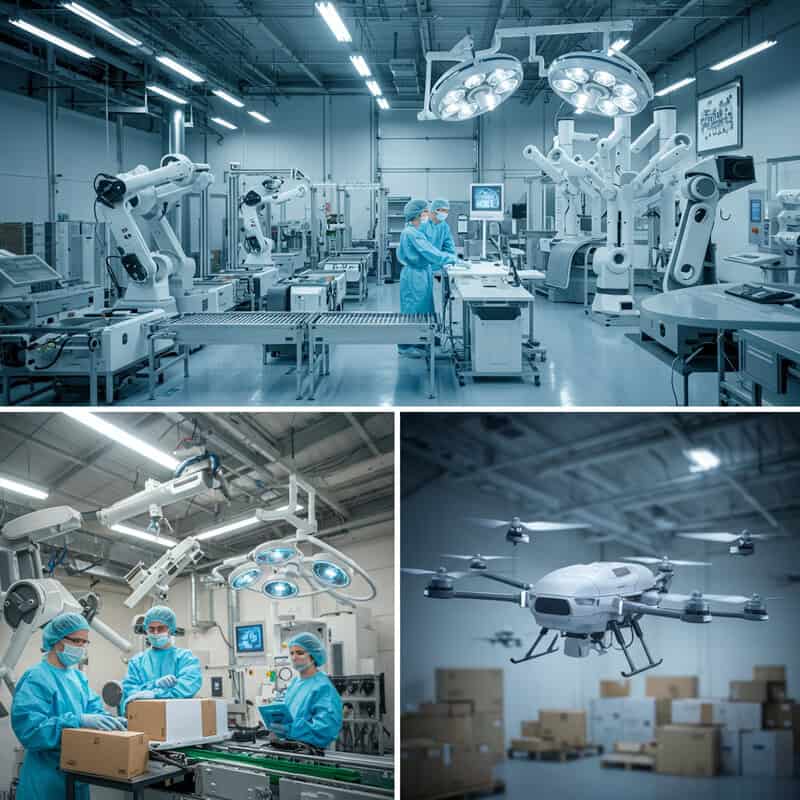
Advanced robotics and automation are transforming industries by introducing intelligent, adaptable machines capable of handling complex tasks. In manufacturing, robots are streamlining production lines and improving efficiency, while healthcare benefits from surgical robots that enhance precision and minimize recovery times.
Autonomous delivery drones are also revolutionizing logistics, ensuring faster and safer transportation of goods. According to Robotics Business Review, ongoing innovations in artificial intelligence and sensor technology are enabling robots to collaborate more closely with humans, accelerating their integration into diverse sectors and redefining traditional workflows.
8. Decentralized Finance (DeFi) and Digital Currencies
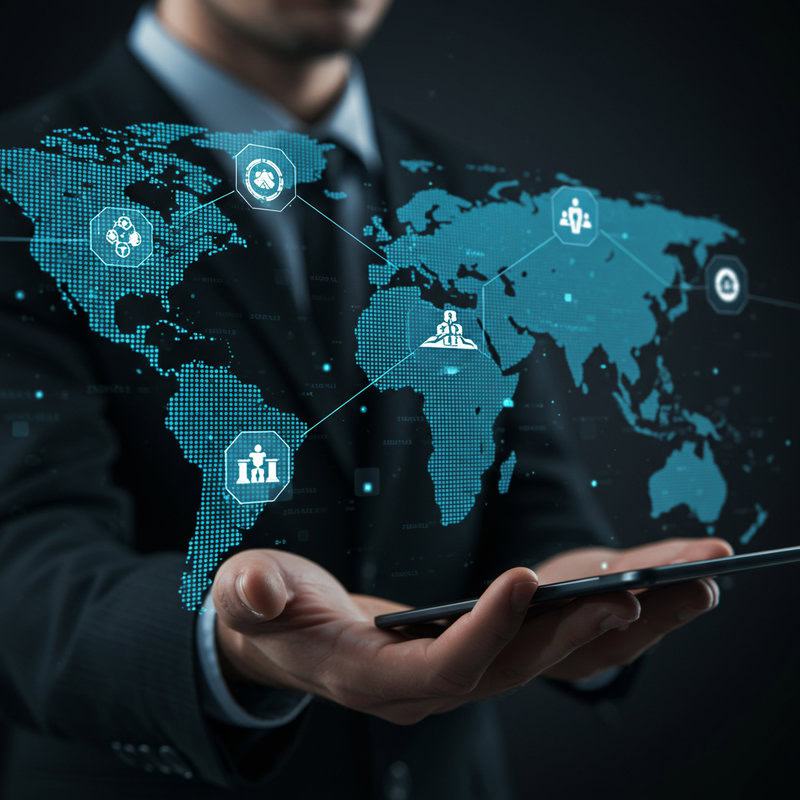
The financial landscape is being reshaped by the rapid adoption of decentralized finance (DeFi) platforms and blockchain-based digital currencies. Central banks around the world are exploring or piloting central bank digital currencies (CBDCs), aiming to enhance efficiency and financial inclusion.
At the same time, decentralized exchanges are growing, allowing users to trade assets without intermediaries. According to reports from the World Bank, these technologies promise greater transparency, security, and accessibility, fundamentally transforming how people and businesses manage and transfer value across borders.
9. Edge Computing Everywhere
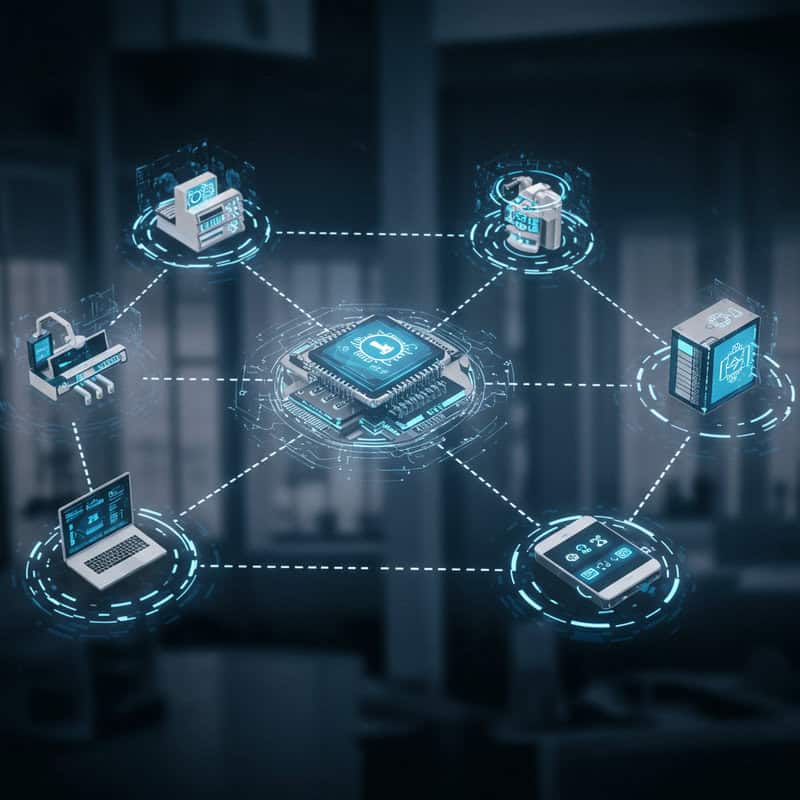
Edge computing is revolutionizing data processing by bringing computation closer to where data is generated, significantly reducing latency and bandwidth demands. This shift is critical for real-time applications, such as autonomous vehicles that require instantaneous decision-making, and smart manufacturing systems that depend on rapid data analysis for automation and quality control.
According to Gartner, widespread adoption of edge computing will enable more efficient, reliable, and scalable digital infrastructures, empowering next-generation technologies across a broad range of industries.
10. Privacy-Enhancing Technologies

As data security and user privacy become increasingly critical, new privacy-enhancing technologies are emerging to protect sensitive information. Innovations such as zero-knowledge proofs allow individuals to verify data without revealing underlying details, while homomorphic encryption enables computation on encrypted data, preserving confidentiality throughout processing.
These tools are crucial for secure online transactions, confidential communications, and regulatory compliance. The Electronic Frontier Foundation (EFF) highlights that widespread adoption of these approaches will empower users and organizations to maintain control over their digital identities and data in an interconnected world.
Conclusion
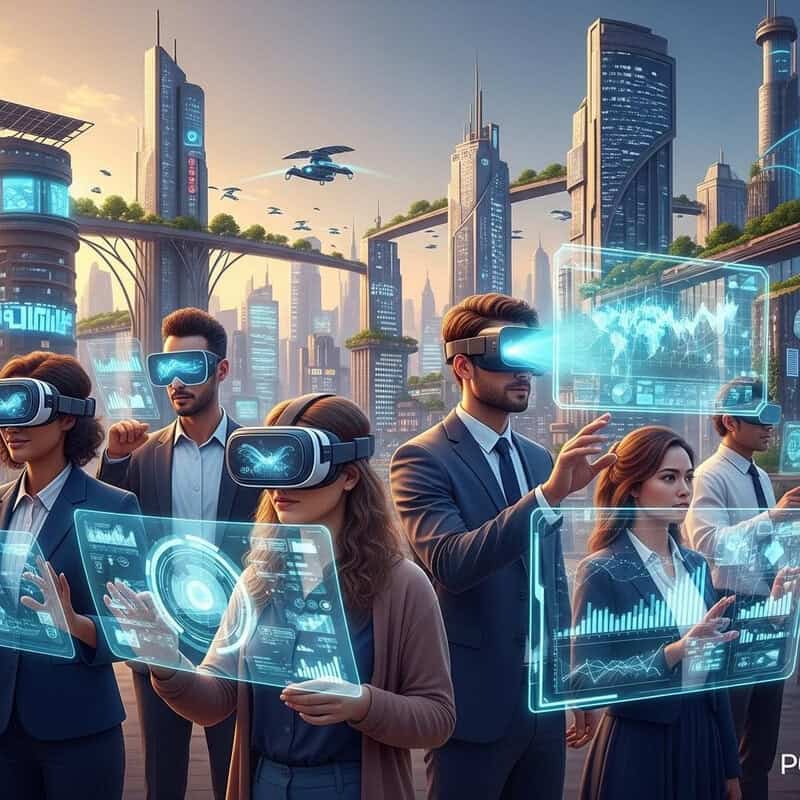
The convergence of these transformative tech trends will redefine how society, businesses, and individuals interact with the world by 2026. From hyper-personalized experiences and immersive virtual environments to robust privacy safeguards and sustainable innovation, technology’s impact will be profound and far-reaching.
Staying informed and adaptive in this rapidly evolving landscape is crucial for seizing new opportunities and addressing emerging challenges. As emphasized by experts from the World Economic Forum, embracing change and proactively engaging with new developments will be key to thriving in this dynamic digital era.
